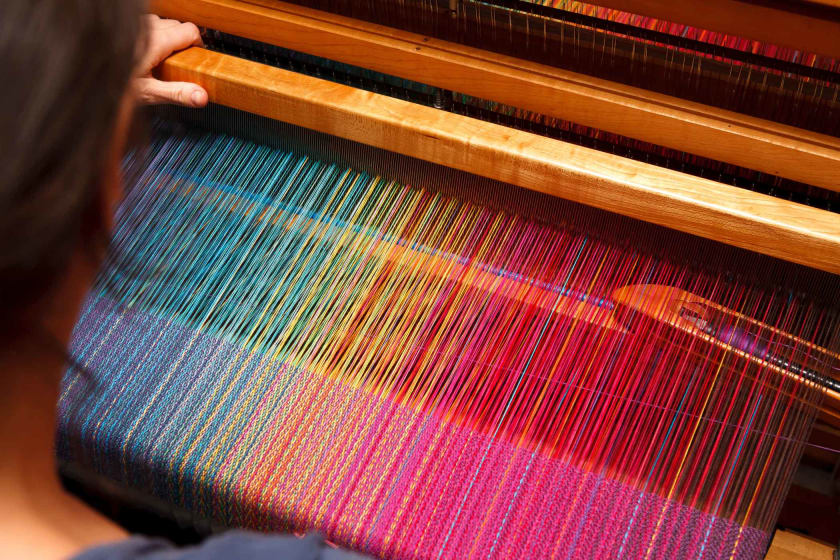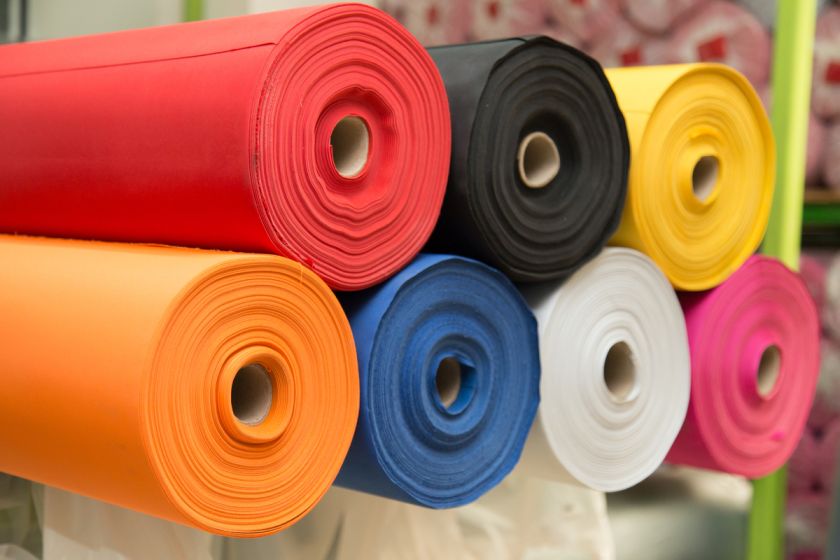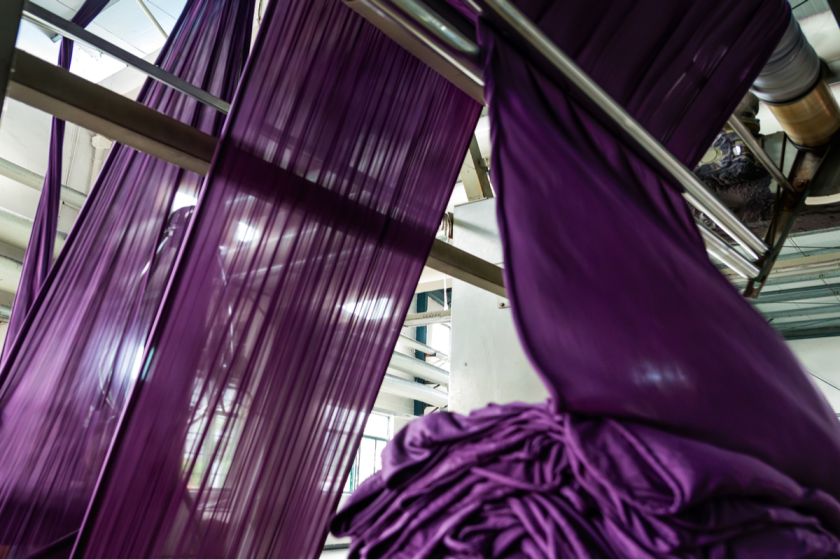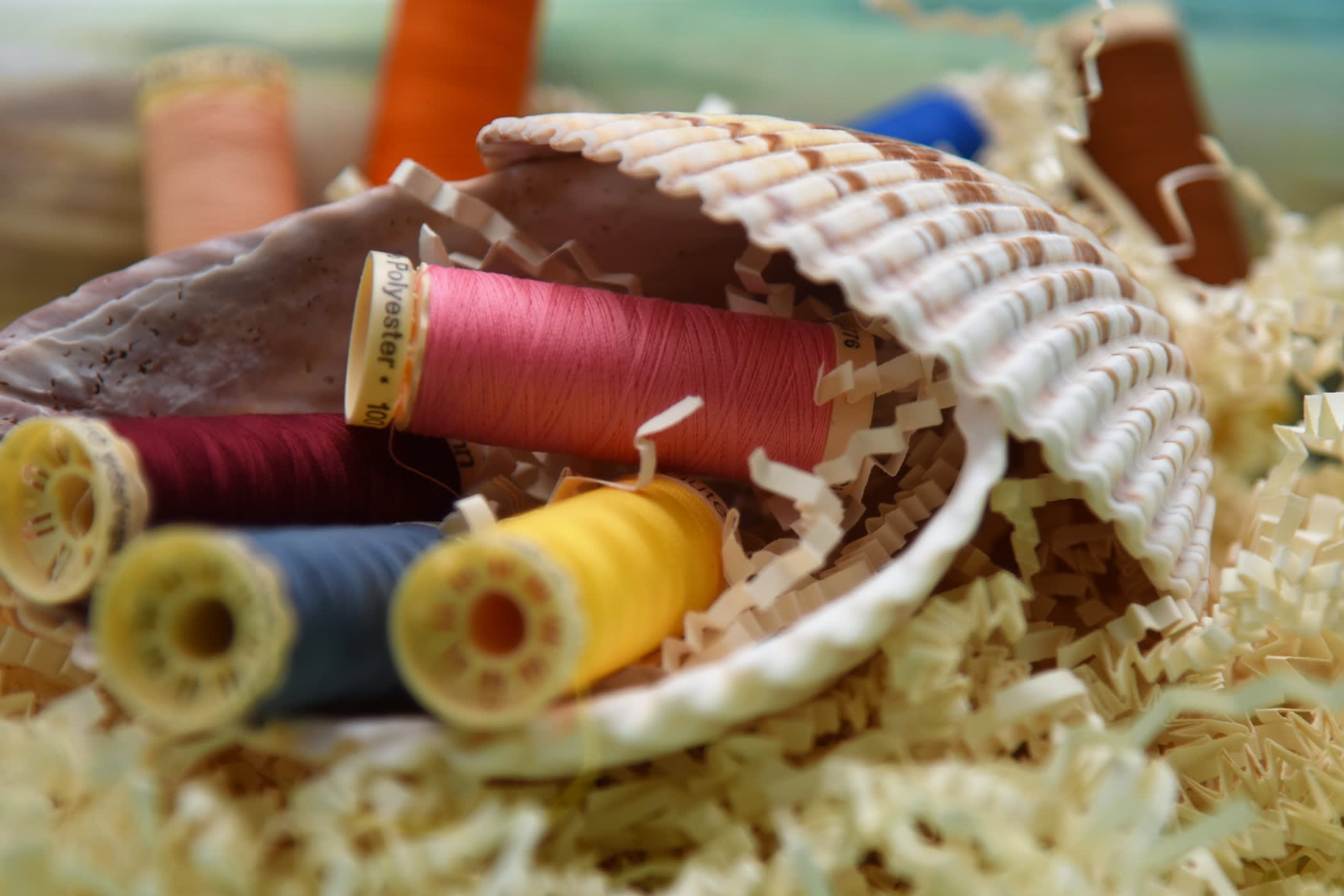Textile Industry 2021: An Analysis Of The Market Landscape & Current Challenges



The textile industry is one of the most prominent and ever-growing industries in the world with leading producers and exporters like China, the United States, India, and European countries; however, with the outbreak of covid 19 and prolonged lockdowns in most Asian countries, the textile industry has suffered drastically, and the results are pretty evident in 2021. Asia, which holds the largest textile market globally, has shown significant impact due to endless necessary restrictions imposed by the government and the sudden drop of demands in the international market.
According to the reports recently released by the International Labour Organization (ILO), the textile market started to collapse in march 2020 due to global lockdown. Also, the same reports state, the major buyers, including the European Union, the United States, and Japan, cut off their purchase by 70%, which gave rise to some serious issues. Apart from these, the major drawback was that the industry was short of raw materials due to supply chain disruption. The loss was comparatively high in countries that majorly deal in the textile industry; however, the situation has improved with the change in market trends.
Key market trends
1. A rise in demand for natural fibers
Compared to conventional fibers, natural fibers have a more considerable degree of strength as they are relatively lighter, making them an appropriate choice for the automotive industry for interior and exterior applications. The natural fibers obtained from plants and animals are widely used to manufacture good-quality apparel, garments, construction materials, medical dressings, and so on. These fibers include cotton, silk, hemp, jute, silk, linen, and cashmere. Out of them, silk is widely used to manufacture high-end apparel. Apart from these, wool and jute are two other natural fibers that are widely used as textile materials for their softness and elasticity.
2. Prioritizing non-woven fabrics

In today's growing world, people have finally understood the importance of preserving nature and the need to use only hygienic products. The increasing birth rate and an aging population have solely contributed to the demand for all-natural baby diapers, sanitary napkins, and adult incontinence products, ultimately shifting the focus towards non-woven fabrics. To multiply the durability of the road, non-woven fabrics are highly used as geotextiles which is an essential component.
The automobile industry is expected to support non-woven fabrics, which in turn will fuel its demand in the construction of reliable applications. The record states that automotive industries worldwide are expected to consider non-woven fabrics to manufacture the interior and the exterior parts owing to their durability and elasticity. Apart from all these factors, recent industrialization and modernization have played a significant role in enhancing the demand for non-woven fabrics all around the globe.
Textile industry in India
Undoubtedly, India is one of the world's biggest producers of textiles and apparel, which notably contributes to 5%of India's total GDP and 12% of India's export income. If believed in facts, 95% of the world's entire hand-woven fabric comes solely from India. Although the textile industry faced a sudden collapse after the outbreak of covid-19; however, in August 2021, the textile and garment exports have reflected sure signs of growth, the challenges still exist.
According to the records, cotton and artificial textiles have shown tremendous growth by 50%; however, the export of ready-made garments has increased only by 15%. In 2021, India's total merchandise exports are believed to be $33.28 billion, compared to $22.83 billion in August 2020, which leads to positive signs and an increased economy. The textile and garment industry was $103.4 bn in 2020-21; however, it is expected to reach $190 bn by 2025-26 if things go well.
The widespread of covid-19 have left no sectors unturned, and the impact is clearly visible on the textile industry. However, the government has taken adequate steps to minimize the effects of the prevailing circumstances and combat the effects of covid-19, including the INR 3,000 billion collateral-free loans for businesses that have rejuvenated various sectors' critical situations.
Recent Developments

- The government of India is taking appreciative steps to establish the seven mega textile parks in the next three years. The government has also announced minimizing the custom duty imposed on nylon chips, yarn, and nylon fiber to 5%.
- In Feb 2021, Paraguay's Ministry of Industry and Commerce invested a heavy sum of USD 1.1 million in the manufacturing sector, especially the clothing, textiles, and footwear industries.
Conclusion
Although every sector is growing and evolving, the impact of covid can still be seen in almost all sectors, including the textile sector. The government and the ordinary people are taking appropriate steps to minimize the existing challenges.
If you're looking for textile manufacturers, We at Fashinza can help you out. Fashinza can connect you with the best manufacturers and help you scale your business right away with the right deals. To learn more, visit our website today!



















